“I hope you find time to study and prepare for finals…”
After spending countless hours studying and preparing for my third exam in general chemistry, this was the last email I wanted to read right before a week I hoped to spend relaxing with friends and family back home. It truly seemed as though my chemistry to-do list would never be complete. This feeling seems to run rampant throughout the body of first-year students enrolled in Vanderbilt’s classic “weed-out” prerequisite classes.
During the hectic adjustment and transition period that epitomizes one’s first year of college, courses like these seem to only increase students’ stress — especially as we learn to function in an entirely new environment with vastly different experiences and expectations than we may have ever known. This stress can be especially present among students from disadvantaged backgrounds.
Although the general chemistry syllabus explicitly states that “there are no prerequisites” for the class, it appears as though students without rigorous experience with chemistry in high school struggle the most. These students often come from public high schools in rural or low-income areas with a lack of access to sufficient preparation, like AP or IB classes, for the rigor of weed-out classes at a school like Vanderbilt.
I’m no exception. As a student from a small, rural high school in southern Alabama with over 60% of students from low-income backgrounds and a dropout rate of 16%, I often feel as though I was not adequately prepared for the rigor of introductory college courses. Even with the short, two-week summer review session offered, I felt discouraged that I was struggling with and spending so much time on the class over the course of the semester. I spent countless hours studying, reviewing and practicing for exams, while many of my peers were able to spend time socializing, meeting new people, exploring new places and adapting to their new lives at college.
This isn’t to say that being enrolled in a weed-out course will ruin one’s college experience, though its impact on mental and physical health cannot be understated. After my second chemistry exam, many students were encouraged to drop the class if their grade was not up to par — even those who had gotten Cs on the exams. Because of this, I watched many of my peers drop the class due to their academic performance — students who had been top performers in their high school classes. This only further fueled my anxiety over my class performance.
In addition to the class’s difficulty, the process for taking make-up exams in general chemistry can make the course even more challenging for students struggling with acute or chronic illnesses. These make-up exams are given as multiple choice-only exams where students cannot receive partial credit as they would for the regularly-scheduled exams.
When I developed food poisoning the day before my third exam, I was forced to make a difficult choice: take the exam while unwell or opt for a more difficult make-up. I decided to take it as scheduled, still battling my food-borne illness. Because of the current system that is in place, I had to put my grades over my own health.
The make-up exams may be designed in this way to prevent students from trying to snag extra study time before taking the exam. However, this works only to jeopardize students who are truly ill.
Recently, a bout of pneumonia plagued Vanderbilt’s campus. Because of this, these students were faced with an unintended decision: should they take the regular exam and potentially make others ill for a better grade, or take the make-up exam to recover and protect those around them but suffer a worse exam grade? Some of my peers decided to take the make-up exam — and many of their grades suffered because of it.
Why should students seemingly be punished for being sick? It is usual for the make-up exam to be different from the normal exam. However, it seems cruel to change the exam format — or even worse, not allot partial credit that would have been given had the student been able to take the scheduled exam.
Phenomena like this are not new to Vanderbilt’s campus, nor to weed-out classes. In January 2022, as the COVID-19 pandemic continued to wreak havoc on communities and burden those who are immunocompromised, the university made the decision to stop offering remote options for students to take classes over Zoom. Students who contracted the virus were still expected to quarantine for five days in isolation, and without being offered any remote options, often fell behind in their classes.
I’d like to make explicitly clear that I am criticizing the inequity — not the rigor — of these courses. Especially for students who are on the pre-medical track, sufficient preparation is key for succeeding in medical school. Difficult courses like general chemistry can allow pre-professional students to assess whether or not they may be able to continue down that path. However, when this preparation turns into a system that disproportionately affects students from certain backgrounds in negative ways, it falls upon university administration to address these barriers and inequities.
The current system of weed-out courses at Vanderbilt seems only to perpetuate the withholding of opportunities in STEM-related fields for low-income or rural students. Why should students be made to feel inadequate solely because they did not receive the same access to resources as other students? Why should our university maintain a system that fails to recognize the needs of students from backgrounds like mine?
Instead of negating the needs of these students, Vanderbilt should work to provide opportunities to students from any background to pursue studies in the field of their choice. Vanderbilt should educate instructors on how to adapt their teaching styles to accommodate the vastly different circumstances of their students in regards to their prior learning environments, in order to allow all students a chance at success. Further, students from disadvantaged backgrounds should have adequate access to resources that can help them prepare for the material of the class — for example, tailored review sessions or a more in-depth pre-semester review.
The effects of these inequitable policies are visible not only in introductory STEM classes but also in other first-year courses. While Vanderbilt has recently focused on increasing student diversity, the university often fails to accommodate the individual needs of students from different backgrounds. Students go into these classes during their first year of college with drastically different levels of prior knowledge, and those from disadvantaged backgrounds are expected to adapt and grow at the same pace as those around them. This only jeopardizes these students’ ability to succeed.
The variety of on-campus resources available like the Writing Studio or the Tutoring Center, are often inaccessible to students due to their hectic schedules. Because of this, it is important that the university equip professors to provide help and resources tailored to unique student needs, ensuring that everyone is given the opportunity to succeed. For example, a professor in a writing seminar might hold an in-class writing workshop at the beginning of the semester to recap skills that may not have been taught to certain students in high school.
We know that Vanderbilt prides itself on being a rigorous institution — but at what cost to the lives and futures of its students? The time has come for the university to make a decision. Although Vanderbilt has made an effort to recruit more low-income, rural and minority students, it seems as though they have not done enough to adjust their curricula to meet these students’ needs. To honor its commitment to procuring a diverse and inclusive student body, the university needs to make institutional changes that cultivate a welcoming learning community for students from all backgrounds.
Editor’s note: The Director of Undergraduate Studies for Vanderbilt’s Department of Chemistry declined to comment on the effects of general chemistry’s make-up exam structure and the author’s allegations that the university does not do enough to support its disadvantaged students.


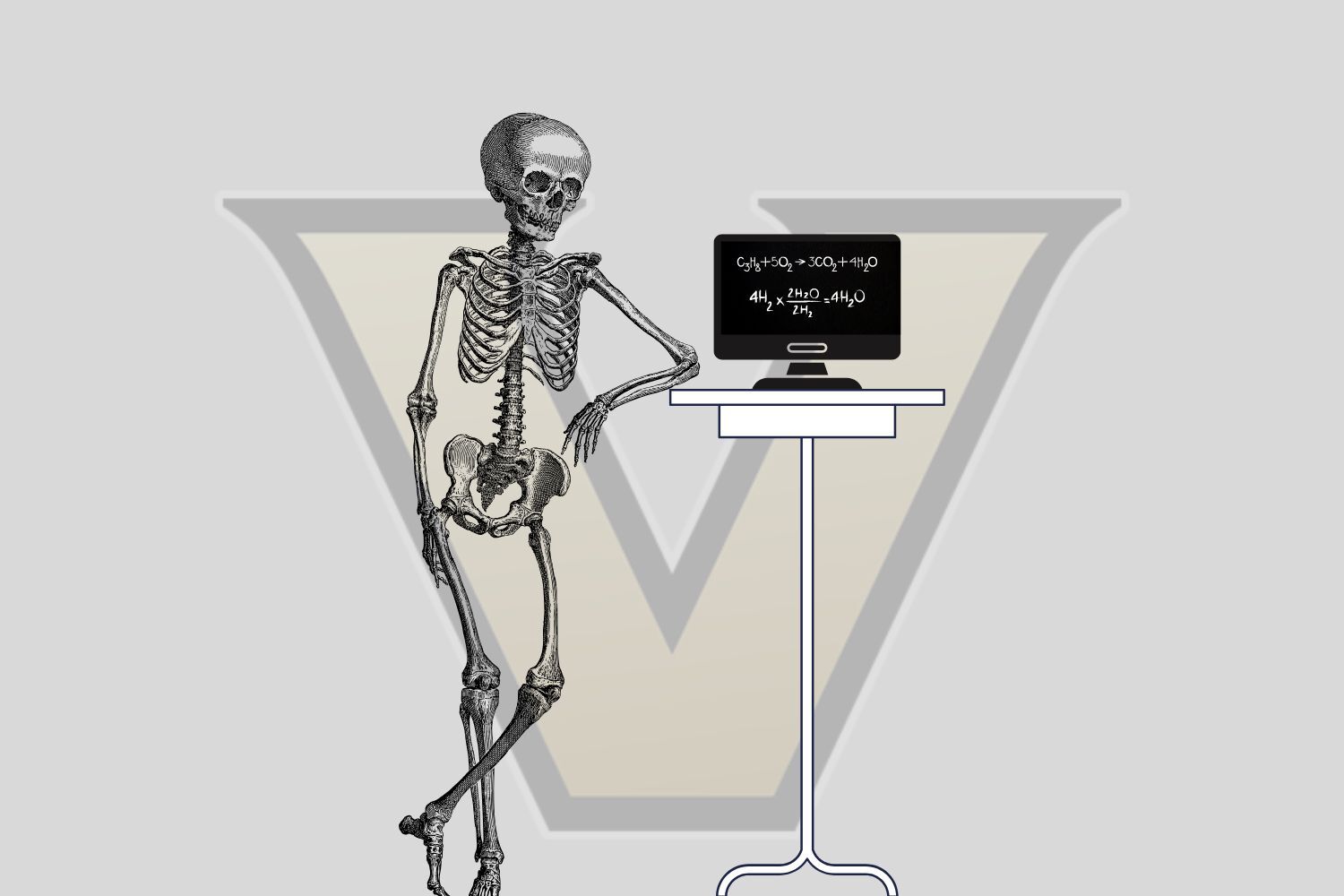
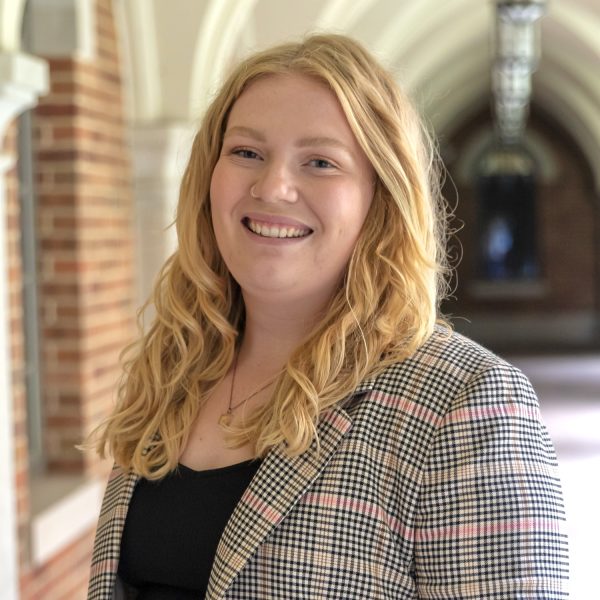
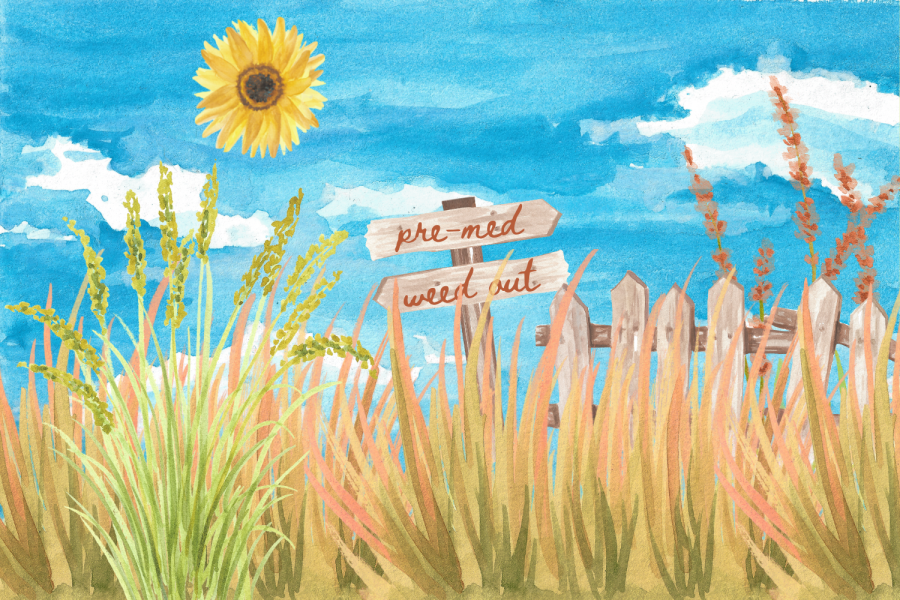
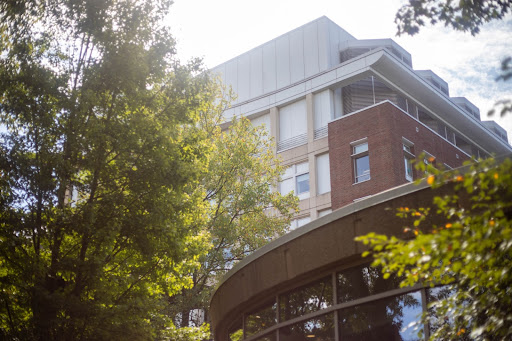

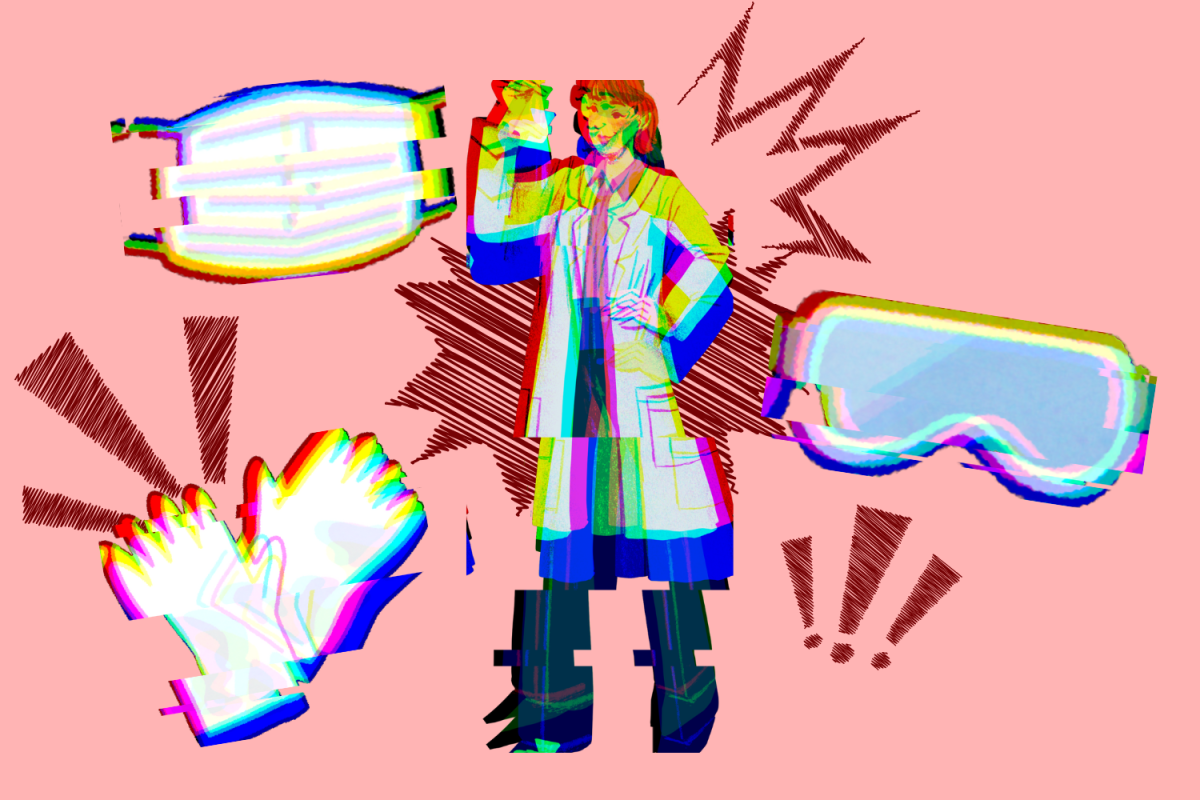
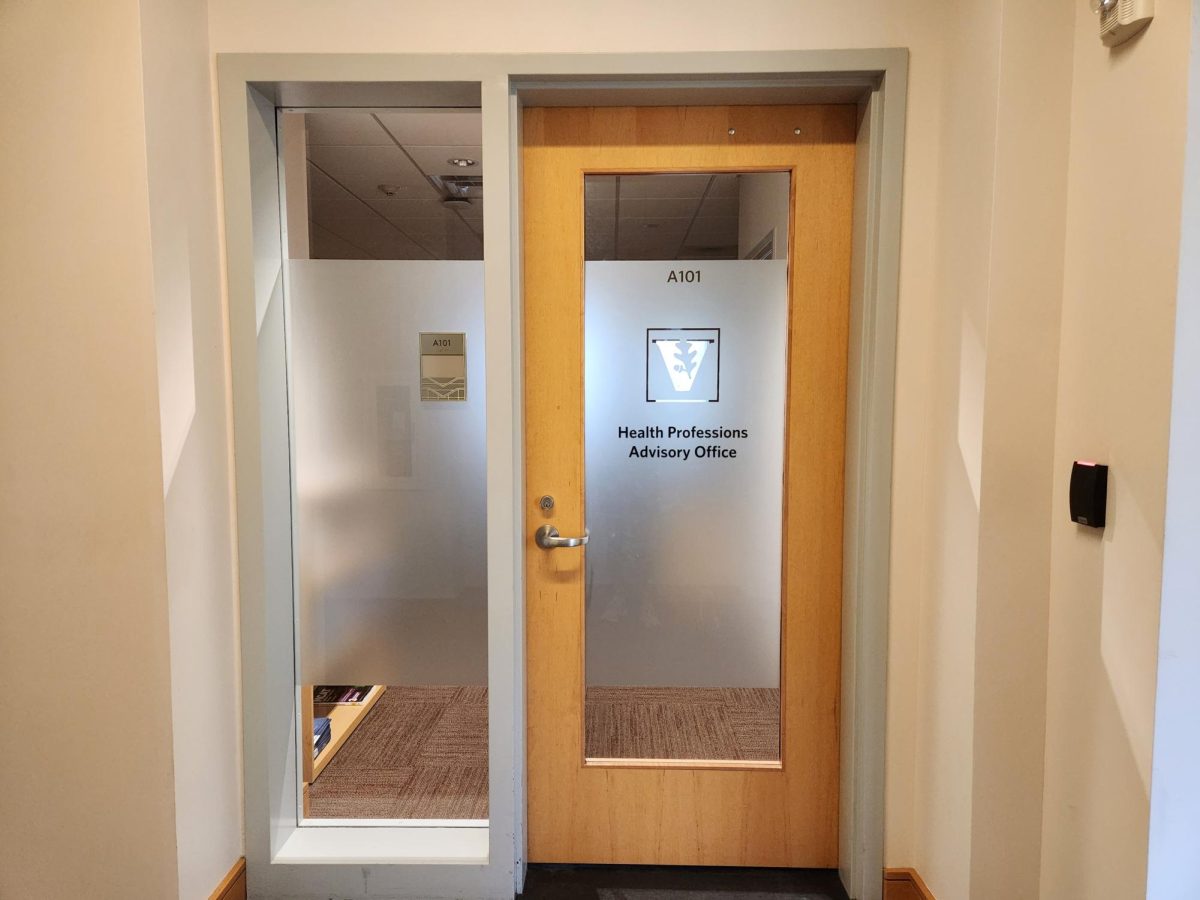

BA 98 • Jan 13, 2025 at 10:10 am CST
This is a bad idea and a slippery slope. We see the same happening in other places, with detrimental effect: no more requirement to pass the bar to practice law in Wash State, removing literacy requirements to receive teacher certification certificates in New Jersey, weakened standards for medical doctor residencies derived from certain ‘affinity groups,’ and more. At some point, you have to be able to do the work. When I was at Vanderbilt in the late 90s, 300 kids in the freshman class wanted to be MDs. Then they took biological sciences. Good teachers like Wally LeStourgeon and Charles Singleton taught the rigors of the discipline. At the end, 1/4 of the students remained – most of whom, I suspect, went on to get MDs or PhDs. (I became a lawyer but was accepted to medical school.) We don’t need weakened standards for admission to Vanderbilt or to succeed once there. Students will find the vocations appropriate for their talents.
Olivia Ryan • Jan 26, 2025 at 4:18 pm CST
While I do understand your argument, my main point of writing this was to advocate for better access to learning resources for students from disadvantaged backgrounds. I also acknowledged that the rigor is not the main problem here: “I’d like to make explicitly clear that I am criticizing the inequity — not the rigor — of these courses.” The main problem is a lack of resources for students from disadvantaged backgrounds to improve their understanding of course materials outside of just lecture or discussion. I would also like to make clear that this is a university-centered issue, not a professor-centered issue. Vanderbilt should be providing professors with these resources — it should not fall on the professors to design them themselves, as they already have enough on their plates. For example, Vanderbilt could implement an optional summer learning course for students entering into areas related to pre-medical studies or engineering studies. In fact, Vanderbilt already has a Summer Bridge Program that does just that — however, it is only offered to a few students entering into the School of Engineering. This program is amazing for those entering college as first-generation students or those from disadvantaged backgrounds, but it would be even more beneficial if Vanderbilt could invest more resources into offering something similar to more students, and to students in Arts and Sciences as well. As an aside, many students that come from privileged backgrounds often have access to expensive tutors or learning programs that students from disadvantaged backgrounds do not — these resources often translate into higher scores on exams and thus higher GPAs and measured levels of success in school. In fact, correlations have been found between high income students and higher SAT scores, with expensive SAT tutoring being a significant factor at play. So, it almost seems to me like you are equating a “lack of discipline” with a lack of outside resources. This trend prevails even outside of the undergraduate education. For example, studies have found that the majority of medical school students come from affluent backgrounds — they have resources, which are resources that are often bought. MCAT prep books and programs are just one of the dozens of examples — they often range from $100 to thousands of dollars. This does not mean that disadvantaged students are somehow “less disciplined,” less intelligent, less able to “do the work,” or less fit for medical school (or other graduate programs). Oftentimes, they just do not have the ability to afford resources that can get them to that point as easily as those who come from privileged backgrounds. I am not advocating for a removal of rigorous courses, graduate school entrance exams, or similar measures of how “fit” someone is for these programs. I am simply advocating for an increased access to resources that are often expensive or unattainable for students from low-income or minority backgrounds to get ahold of — and one way to implement this would be to have Vanderbilt provide some of these resources. If you would like to view any sources of the data I mentioned, feel free to email me at olivia.k.ryan@vanderbilt.edu.
Cat (she/her) • Dec 21, 2024 at 9:48 am CST
Weed out classes disproportionately affect women, LGBTQIA2S+, minorities, plus sized people, and people with intellectual disabilities. The solution for this is grade equality. Just as with a progressive tax code where the wealthy pay more and those at the bottom get their fair share, so to should that happen in the classroom. A students should have some of their points redistributed to the C and D students so that everyone ends with a B. This prevents discrimination based on grade.
BA 98 • Jan 13, 2025 at 10:13 am CST
I’m assuming this is a sarcastic response. But if you really like communism, the world is full of examples of how poorly it works. Do you really want a cardiac surgeon about to open up your sternum who’s there because of some wonky notion of grade distribution? Or your airplane pilot?
79 CAS • Feb 16, 2025 at 10:41 am CST
Just like “Animal Farm”.
Edmund Leigh • Feb 22, 2025 at 8:04 am CST
This is right out of George Orwell’s animal farm where all animals are equal. I have to conclude that this letter is satire too. Or here’s a solution just give everybody A’s for showing up for class or not showing up for class then everybody will be equal huh ? Wait till you get into the workforce and work for a tough boss. When you get into the workforce you will have to perform well and if you don’t, if you are a slacker then you will be shown the door. The coin of the realm in the real world is good performance. To perform well later you must go through tough courses and learn and then you will be prepared to do well.